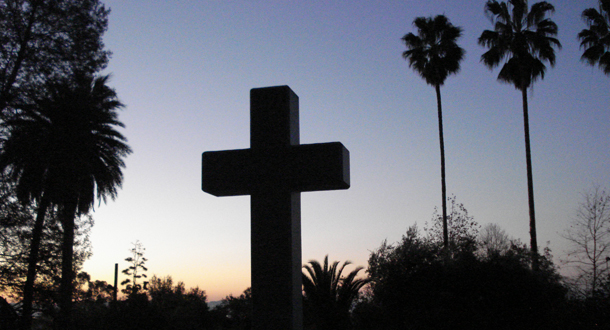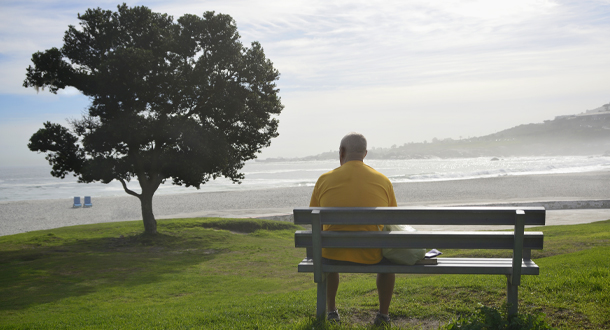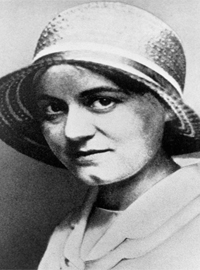
Scripture:
Joshua 3:7-10a, 11, 13-17
Matthew 18:21-19:1
Reflection:
To be a Christian is to live a forgiven and forgiving life. It is to extend to others the liberating mercy that God always extends to us.
That’s the message of today’s gospel, a passage that begins with what may well be the most famous question posed in the scriptures. Peter asks Jesus if it is ever permissible to stop forgiving. Can we put limits on forgiveness? Can we cease being merciful? As he often does, Jesus responds with a parable. It’s the story of the unforgiving official, the man who had been rescued by mercy but who brazenly refused to show a servant the same mercy the king had extended to him. Both the official and the servant’s future absolutely depended on the gift of forgiveness because neither could pay back his debt. Both the official and the servant fell to their knees and begged for mercy. But the one who had received it, instead of imitating the mercy he had so lavishly been given, had the servant jailed until he could repay all that he owed. The parable ends with the unforgiving official, now stripped of the mercy he had received, tortured and tossed into prison, and with Jesus’ ominous warning that the same fate awaits us if we withhold forgiveness to anyone.
Each of us has a mission of mercy. Each of us is to be a living sacrament of God’s merciful love in the world. It is a vocation every Christian shares, a calling to which no follower of Jesus is ever exempt. That is because God has been endlessly and patiently merciful to us. God’s extravagant mercy is the gift that makes all of us equal and all of us one; indeed, God’s mercy is the foundation of our lives. Thus, to withhold mercy—to refuse to offer it whenever we can—is not only to be horribly ungrateful and scandalously unjust, but also to blaspheme God.
Paul J. Wadell is Professor Emeritus of Theology and Religious Studies at St. Norbert College in De Pere, Wisconsin, and a member of the Passionist Family of Holy Cross Province.







